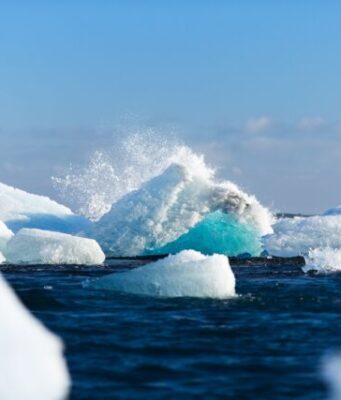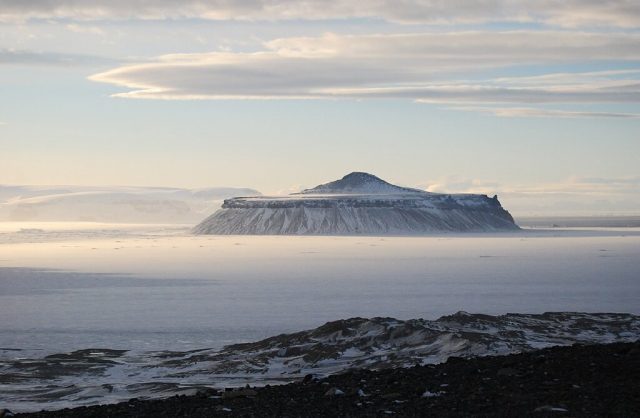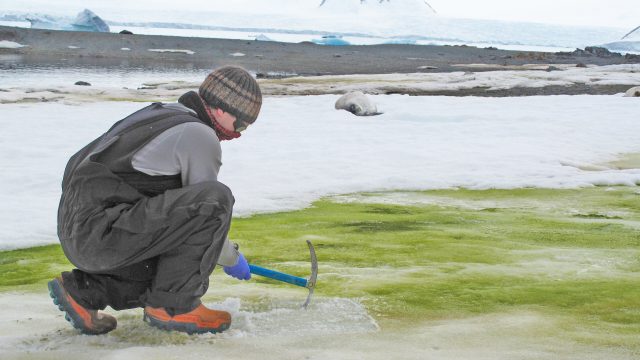The South Pole has warmed three times faster than the rest of the planet in the last 30 years due to warmer tropical ocean temperatures, new research showed Monday.
Antarctica's temperature varies widely according to season and region, and for...
The large-scale planting of new forests in previously tree-free areas, a practice known as afforestation, is hailed as an efficient way to remove excess carbon dioxide from the atmosphere—a so-called natural climate solution.
But a new study led by a...
Picture 500 million cars stacked in rows. That's how much carbon—about 1,000 petagrams, or one billion metric tons—is locked away in Arctic permafrost.
Currently, scientists estimate that 5-15% of the carbon stored in surface permafrost soils could be emitted as...
Coral reef islands across the world could naturally adapt to survive the impact of rising sea levels, according to new research.
The increased flooding caused by the changing global climate has been predicted to render such communities—where sandy or gravel islands sit on top...
The Paris Agreement lays out national quotas on CO2 emissions but not removal, and that must be urgently addressed, say the authors of a new study.
The Paris Agreement aims to keep global temperature rise this century well below 2°C above...
Colorado State University Distinguished Professor Sonia Kreidenweis and her research group identified an atmospheric region unchanged by human-related activities in the first study to measure bioaerosol composition of the Southern Ocean south of 40 degrees south latitude.
Kreidenweis' group, based...
The melting of glaciers and ice caps in places as diverse as the Himalayas and Andes mountain ranges, the Svalbard island group and the Canadian Arctic Archipelago has the dual effect of raising global sea levels and depleting freshwater...
The world's deep oceans are warming at a slower rate than the surface, but it's still not good news for deep-sea creatures according to an international study.
The research, led by University of Queensland Ph.D. student Isaac Brito-Morales, looked at...
The capture and storage of carbon dioxide (CO2) underground is one of the key components of the Intergovernmental Panel on Climate Change's (IPCC) reports on how to keep global warming to less than 2°C above pre-industrial levels by 2100.
Carbon...
Scientists have created the first ever large-scale map of microscopic algae as they bloomed across the surface of snow along the Antarctic Peninsula coast. Results indicate that this 'green snow' is likely to spread as global temperatures increase.
The team,...
In almost every region of the world where hurricanes form, their maximum sustained winds are getting stronger. That is according to a new study by scientists at the National Oceanic and Atmospheric Administration National Center for Environmental Information and...


















